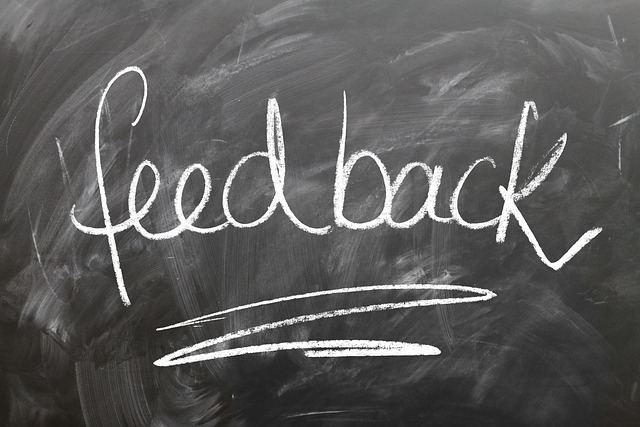The world we inhabit is rapidly evolving, and with it, the delicate balance of our environment is being tested like never before. As climate change looms over us, the ensuing conflicts surrounding it have begun to reshape societies, communities, and international relations. This blog post aims to unpack the multifaceted conflicts driven by climate change, providing insights into how environmental degradation and resource scarcity collide with human aspirations and livelihoods.
Climate change, a phenomenon that was once the concern of scientists and environmentalists, has now permeated the public consciousness. Rising temperatures, erratic weather patterns, and increasing natural disasters are no longer distant threats—they are immediate realities. As communities face these challenges, the fight for dwindling resources leads to rising tensions. Water scarcity in arid regions, for example, has resulted in disputes not just between nations, but also within societies. Farmers, communities, and even entire countries find themselves at odds as they navigate the shrinking availability of this life-sustaining resource.
The environment, long considered a shared heritage, is under siege. Deforestation, pollution, and loss of biodiversity are not just environmental issues—they are catalysts for conflict. As ecosystems degrade, communities that rely on them for their livelihoods become increasingly vulnerable. In many cases, marginalized populations are hit the hardest, exacerbating existing inequalities and fueling resentment. At the heart of these conflicts is a fundamental struggle for power and survival, emphasizing the urgent need for sustainable solutions.
Additionally, the displacement of populations due to climate-induced disasters has led to what some are referring to as “climate refugees.” When homes are destroyed and agricultural lands are rendered uninhabitable, people are forced to migrate in search of safety and stability. This movement can create friction in host communities, leading to social unrest and further conflict. Nations struggle to balance their own resources and security while being confronted with the humanitarian implications of accepting those displaced by environmental crises.
The interconnectedness of climate change and conflicts also extends to geopolitical tensions. Nations rich in natural resources often find themselves the targets of both internal strife and external exploitation. The race for oil, minerals, and other resources is intensifying in areas affected by climate change, giving rise to not just economic conflicts but also ethical dilemmas. How do we address the growing need for resources while ensuring that vulnerable populations are not exploited?
Addressing these conflicts requires a multi-faceted approach that recognizes the inseparable links between the environment, climate change, and social justice. Collaborative efforts at local, national, and international levels are imperative to create sustainable solutions. Innovations in technology, policy changes, and community engagement can pave the way for resilience in the face of climate change. Environmental education, awareness campaigns, and advocacy can help foster a sense of responsibility and urgency, motivating individuals and communities to act.
In these times of upheaval, it’s crucial to remember that conflicts arising from climate change are not just abstract concepts—they are experienced in the daily lives of individuals. By understanding and addressing these underlying issues, we can work towards a world where both our environment and its people thrive in harmony. Together, we can aspire to untangle the web of conflicts, focusing not merely on survival, but on flourishing in an era of climate change.




